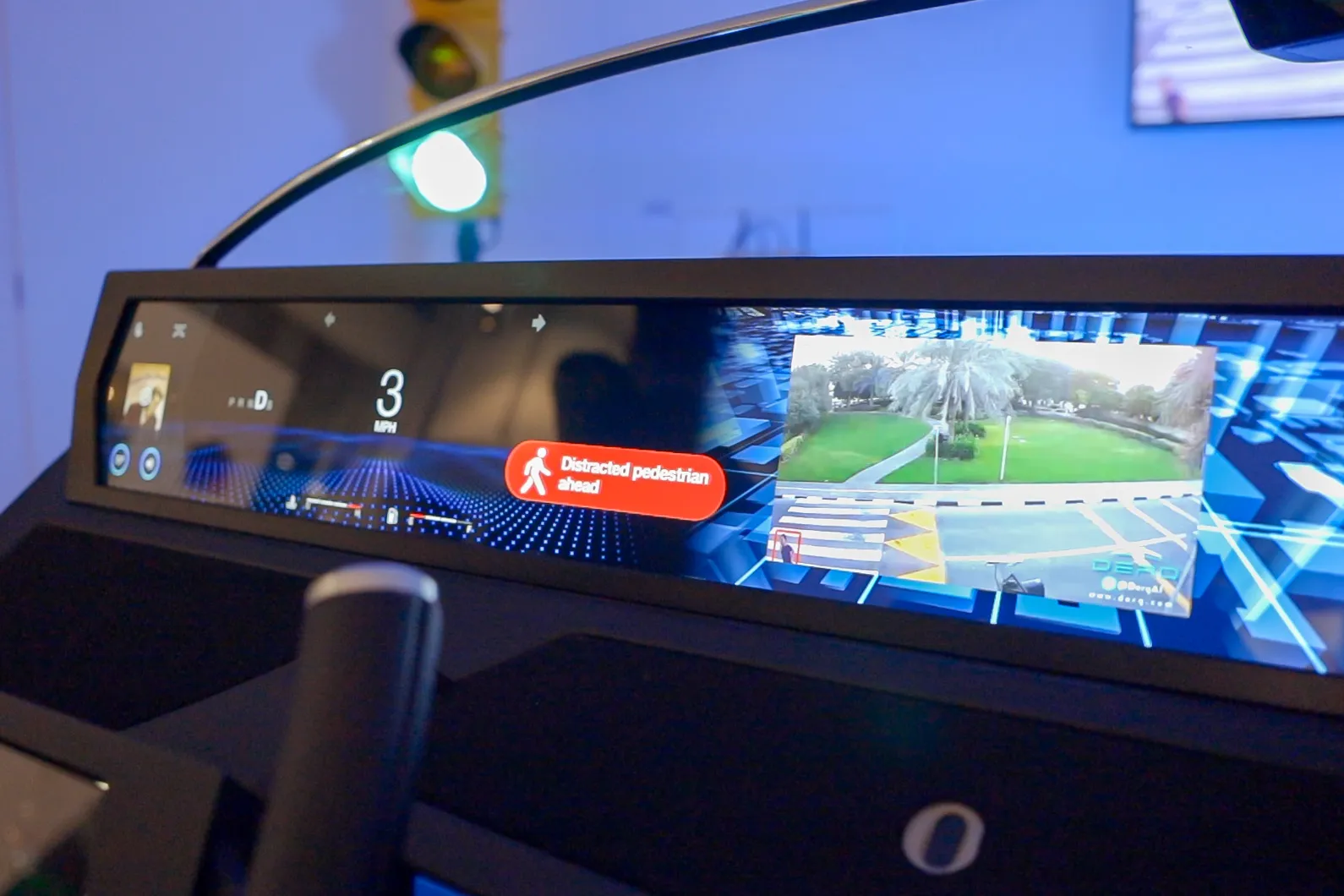
Building on its existing Dynaflow real-time data analysis and predictive traffic information system,
BlueTOAD (Bluetooth Travel-time Origination And Destination) traces Bluetooth signals anonymously and is said to provide the granular data required by public agencies for planning and operations. This fourth generation of the technology can detect unique Bluetooth identifiers even when component devices are in non-discoverable mode.
TrafficCast’s vice president of public sector sales, Paul Misticawi, says: “With BlueTOAD Spectra, we project signal detections and match rates to soar. This new capability brings travel-time opportunities to lower volume roadways as well as increasing the capabilities of our origin-destination, intersection delay and travel-time reliability reports.”










